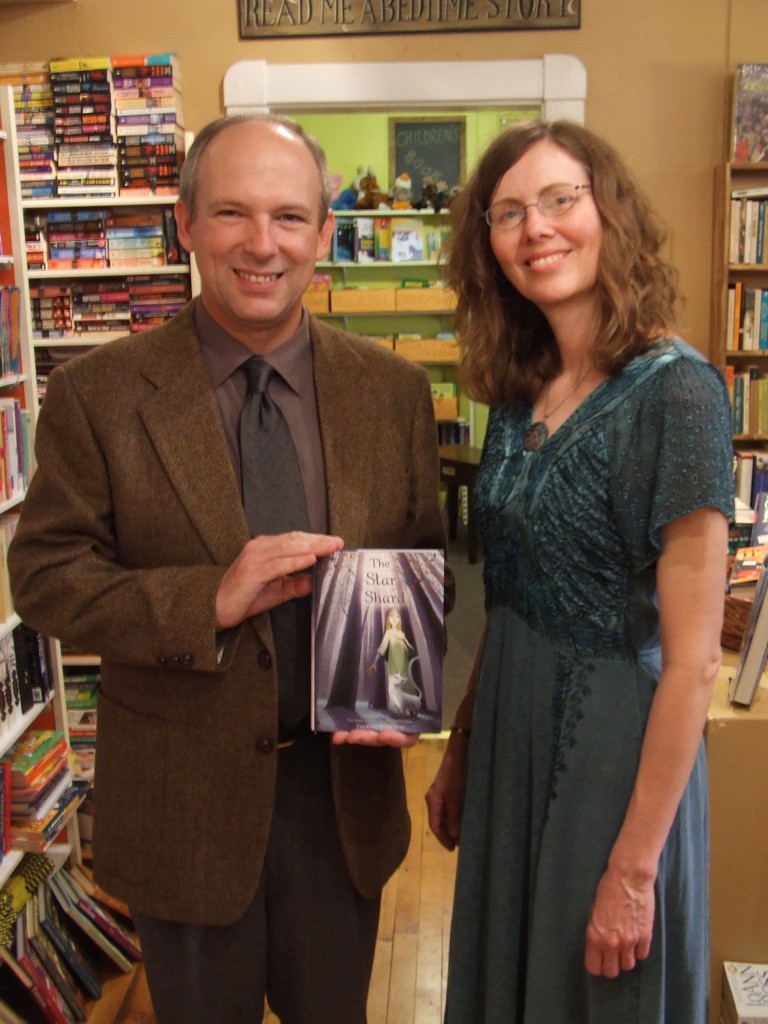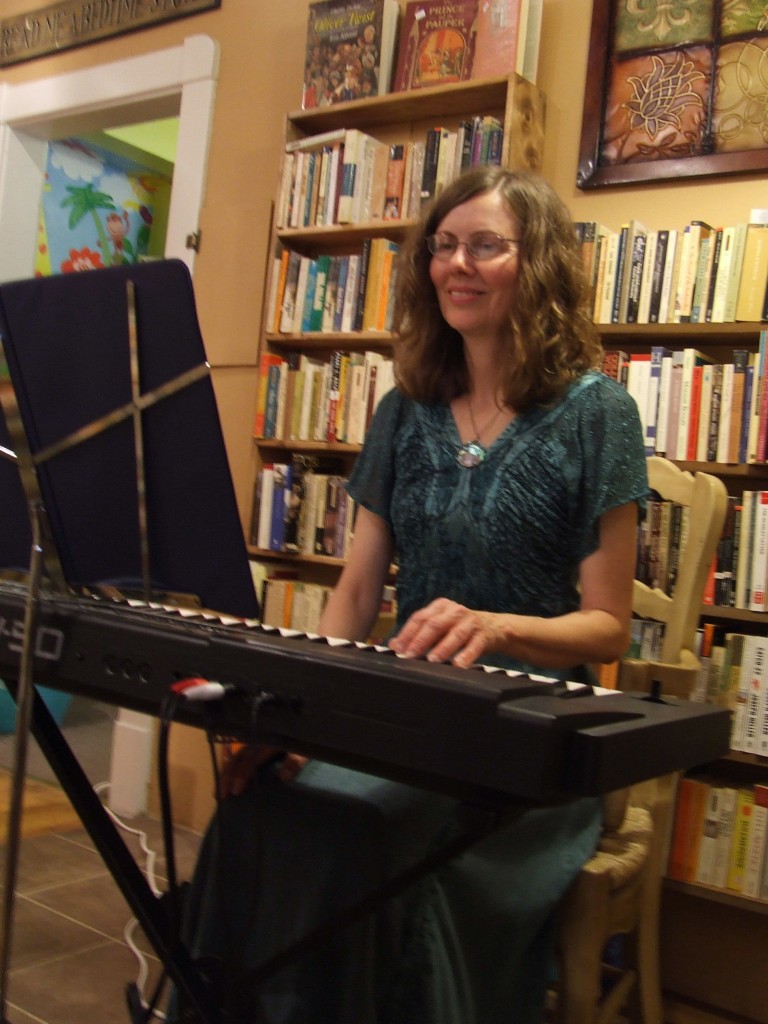Here we are on the threshold of May, and I’m delighted to report that I have started writing again! I mean, actually writing — as in putting words onto the screen, not just thinking about it or feeling like it! The fulness of time has come, I’m finding the life rhythm again, by grace, and I’m excited about The House of the Worm. Perhaps the great engines turning in the House of the Rat (Greenstar Recycling) are helping the story wheels to turn. (I still haven’t sighted a rat there, but one of the guys told me that he spotted one sitting in the doorway of the grand recycling hall while we were outdoors on lunch break. He said he looked carefully to assure himself it wasn’t a cat. That’s how big it was. There is a cat that slinks about through the building, who is of such a color that s/he blends in to the surroundings and is nearly invisible. The cat has a haunted aspect . . . which probably comes from living alongside giant rats.)
Before I forget: I discovered the word “littoral” the other day. As an adjective, it means “pertaining to the shore of a lake, sea, or ocean.” As a noun, it means a littoral region. It’s from the Latin litus, meaning “shore.” So I plan to drop “littoral” into conversations when possible, as in, “I littorally went fishing.” Or, “This is a littoral rock.” When writing such things, I have to hold the computer’s automatic spell-corrector back. It thinks I mean “literally” or “literal.” I think people will frown at me for various reasons.
Anyway, with many thanks to Daylily for providing them, here are some photos of our recent book event:
This event took place at Beyond Bedtime Books in Pittsburgh on April 21st. I was present to do a brief reading from The Star Shard and to sign copies, and Dorothy VanAndel Frisch brought her keyboard and amp, and she played and sang the book’s two songs that she set to music. Her performance was amazing, and the audience was spellbound. For accompaniment to “The Green Leaves of Eireigh,” the composer chose a harp effect, and for “Blue Were Her Eyes,” a guitar that evoked a distant time and place, and may well have been the voice of those unnamed stringed instruments played by Bobbin and Argent in the book. Both choices were ideally suited to the settings, and Dorothy has a beautiful voice. The day was rainy and cold, but the narrow walls of the bookstore opened that afternoon into the wide lands through which the Thunder Rake rolls, bordering Faery itself. Good times! It was a tremendous honor to meet Dorothy in person for the first time. And I’m still in awe of the fact that a composer of her caliber has taken the time to set poems from this book, so that readers can go to their instruments and play for themselves the songs of The Star Shard!
This Thursday, there’s a concert in Shrewsbury, Massachusetts. (See the home page of my web site for details!) A high-school women’s choir is performing Dorothy’s “The Green Leaves of Eireigh,” which she has arranged for full chorus and instrumental accompaniment! I wish I could be there to hear it!
As for writing again after a long dry spell, here’s something I wrote just this evening to encourage a writer friend who is struggling and blocked on a project:
“Sometimes stories just require their own time. All in all, I think it’s best not to worry about them. We keep on living, loving, reading, doing our things, and in time, the stories emerge like arrowheads from the soil of plowed fields. (Does that analogy make sense? My uncle collected hundreds and hundreds of native American flint arrowheads from his fields — he was a farmer in the Taylorville area. When he plowed in the spring, the arrowheads would work their way to the surface. Then if there was a rain right after plowing, the arrowheads would be washed off and gleaming white against the brown-black earth. Writing is like that. We need the time, the plowing, and the rain. The plowing is the dark, churning storms of our lives, the harrowing . . . there’s actually a farm implement called a harrow! The rain is God’s grace, which cleans things off and makes things shine. It can make things obvious that we’ve been missing.)”
Crossing into spring . . . yes, the Christian play on words is a conscious one there. We’ve passed Lent and have Easter shining behind us. We walk by grace, and the harrow comes, and then the rain.

